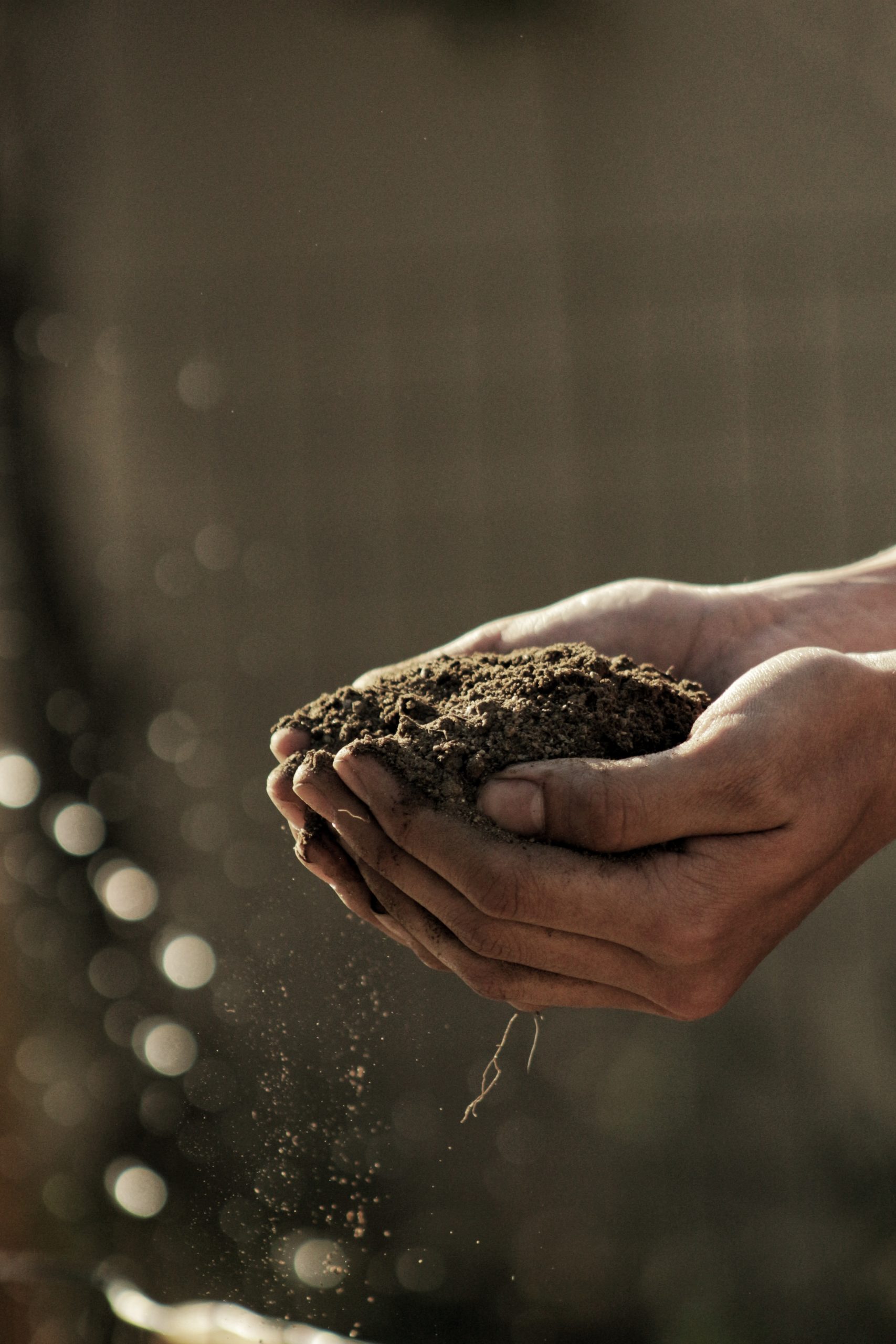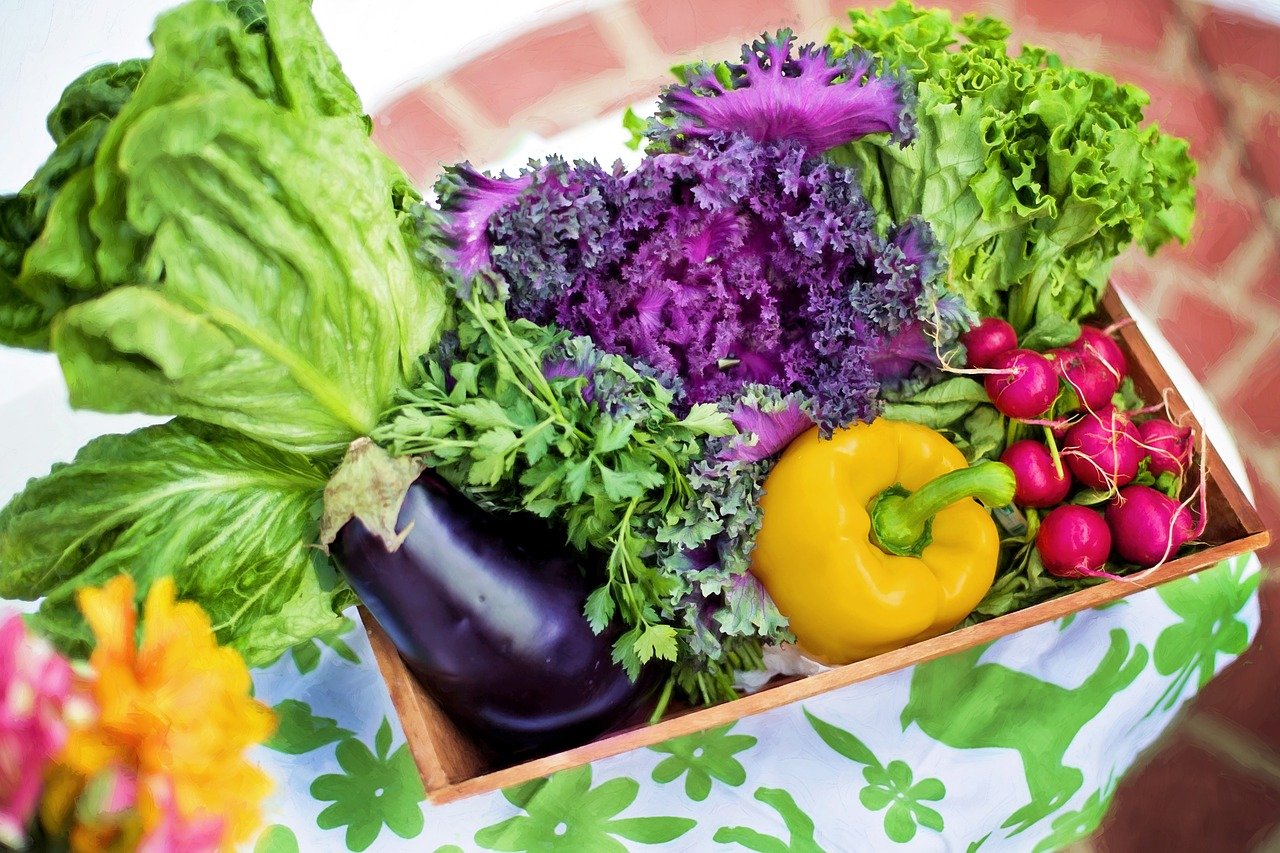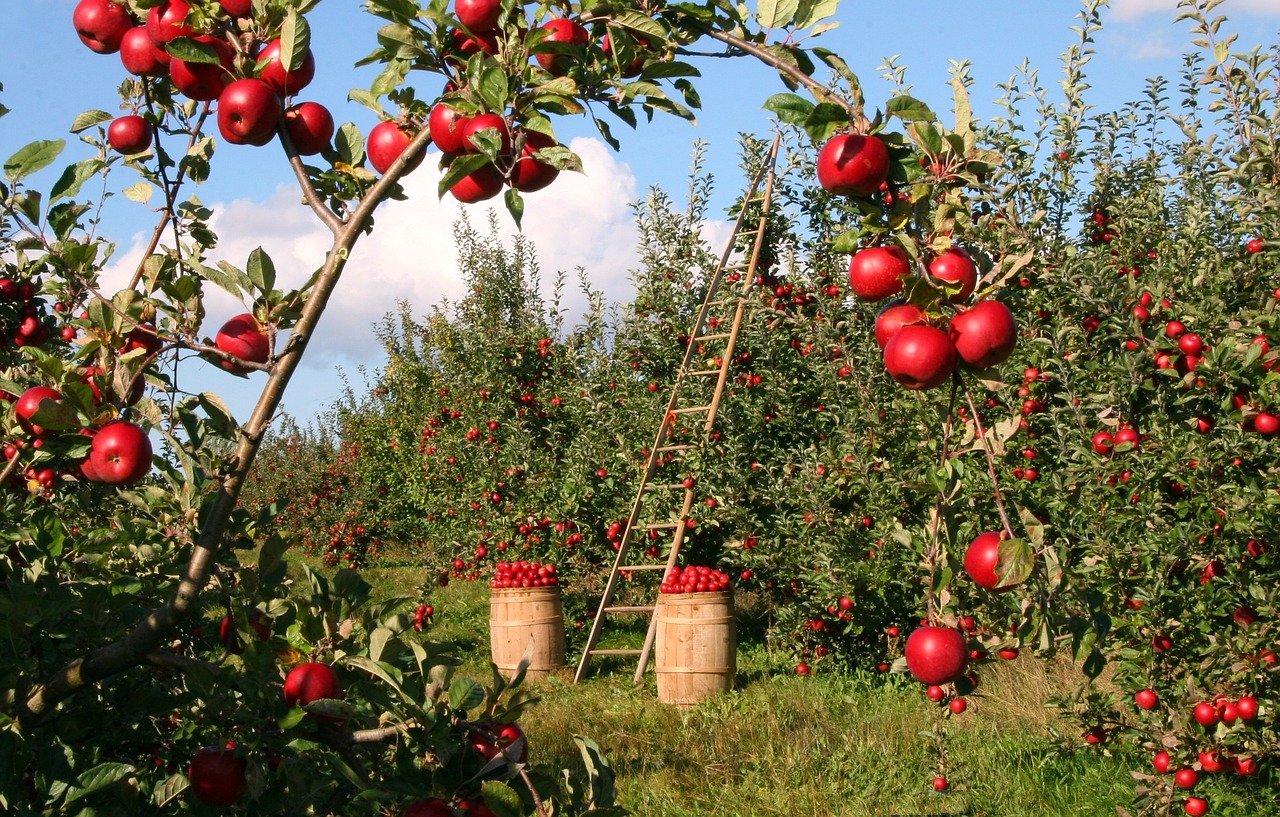
Malaga lettuces, huevo de toro tomatoes (a little-known and very tasty variety that is making a comeback), onions, green beans, peas, broad beans and a lemon tree; this is how you started your organic kitchen garden and orchard at The Wine & Country Club.
Ronda’s layout, altitude and orography are perfect for such typical local crops and favour production. It must be said that you have been soundly advised by the Club’s team, with Jorge—one of the hearts and souls of the Club—being always readily available to lend a hand and helping you to choose the right variety of seeds. In addition to being a new hobby that you were eager to pursue, nurturing and caring for your family and their health with food is extremely important to you.
Planting and growing an organic kitchen garden is not just about making furrows and sowing some seeds inside. Cultivating wholesome food at home requires a little more attention and care; it requires a love of the country life. At first, you were at your wit’s end at the prospect of starting your own garden, having very little idea of how to tackle the task at hand. As they explained to you, plants and herbs grow best in well-draining soil, so you were advised to use basic potting soil and form a loose and friable underlying layer.
Your soil composition included guano, a highly effective natural fertiliser, which is ecologically important due to its role in dispersing nutrients and providing key nutrients essential for plant growth.
To favour growth and for a fully organic growing method—and seeing as your potting soil already included an effective fertiliser such as guano—you decided to amend the soil with a little aged homemade organic fertiliser based on weathered bonfire ash, green manure and compost, as a mulch.
You had pictured yourself in your farmer gear countless times, with a hose in one hand irrigating the furrows in your garden. You now know that it is best to water the plants at dawn or dusk in order to make better use of the water, harness the groundwater potential, and avoid burning the leaves due to the sun’s magnifying glass effect on water droplets.
When tending your kitchen garden and orchard, pests have proven to be a major headache for you. In fact, shortly after your small organic garden begun to take off, it was attacked by a tricky-to-control infestation of white fly. According to garden folklore—which might not be the most scientific, but much of it has been tried and tested out in the fields and gardens over time—the best pest deterrent are home remedies such as garlic, bicarbonate, vegetable oil, paraffin oil, nettle or orange peels.
Basic Gardening Tools For Your Organic Kitchen Garden
As you began to test out your green fingers and to properly and effectively master the art of gardening, you also began to hoard the right gardening tools. And so little by little you learnt that some tools are perfect for sowing, whilst others are ideal for ploughing, working the land, or harvesting; however, as with everything, some tools are quite versatile and suitable for various purposes.
Your first purchase was a shovel, a hoe and a rake; but you soon discovered that a dibber (to make holes in the ground) would also prove useful. Before you knew it, you were also eyeing a wheelbarrow and, of course, a watering can—”they will certainly come in handy”, you assured yourself—. A set of six basic gardening tools for a start was nothing to scoff at, but as your kitchen garden came to life, your garden shed begun to house more gardening tools to tinker with.

New additions included a broadfork—this two-handled tool can easily pry root vegetables up from the soil without having to bend over—; pruning shears, which are perfect for thinning out leaves to increase airflow; and a compost fork—this type of fork, which looks like a much larger garden fork, except that its tines have been bent to form a slight scoop, excels at turning compost piles, aerating them so that the pile can continue heating internally—. A harvesting basket, proper gloves and a sprayer to deter any unwanted visitors completed the list of tools.
You are now a fully qualified organic farmer, and the only thing that remains is to continue tending your garden with loving care and savouring the delectable delights of your bountiful harvest.




